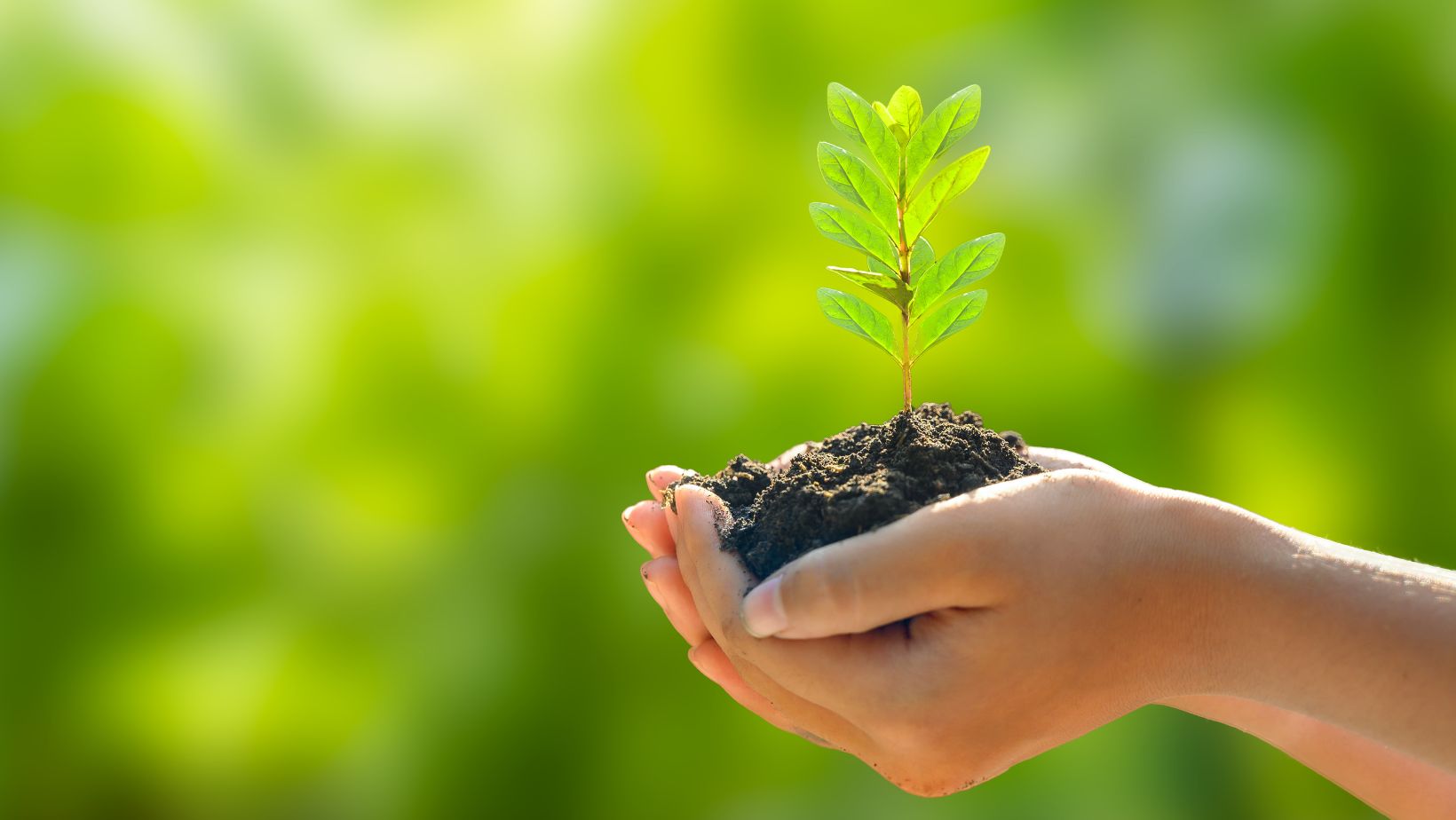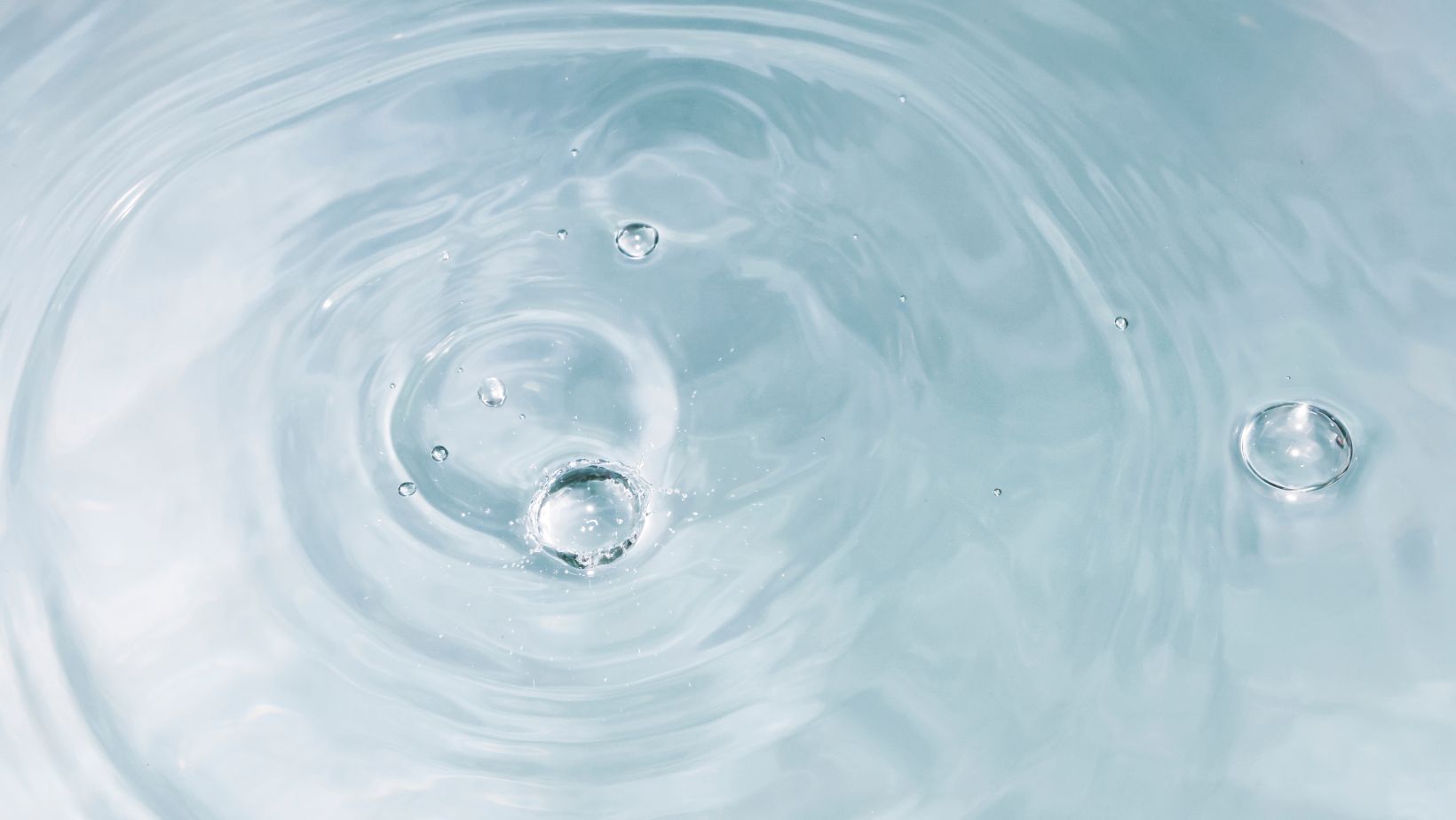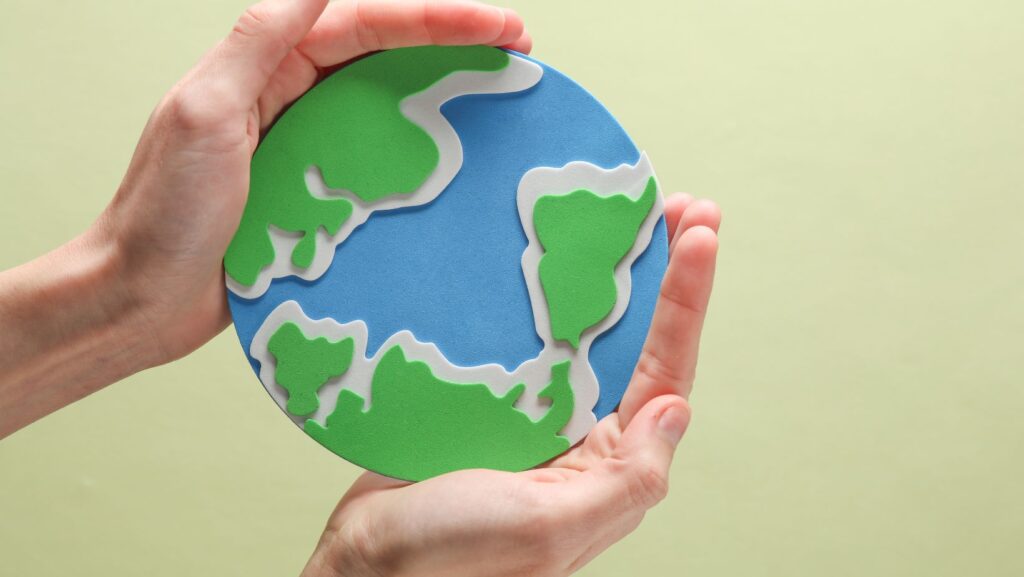The planet is facing an unprecedented water crisis that threatens both human survival and ecological balance. According to the United Nations, over 2 billion people currently live in countries experiencing water stress. For those looking to make a difference while exploring innovative approaches to sustainability, click here to discover engaging activities like casino games that integrate technology and strategy. This crisis is exacerbated by factors such as climate change, population growth, and poor water management practices. As a result, it becomes crucial for individuals to recognize the significance of water conservation in securing a sustainable future.
Simple Daily Habits for Reducing Water Consumption
Incorporating simple daily habits can significantly reduce water consumption without compromising quality of life. Firstly, individuals can start by being mindful of their water usage during everyday activities, such as brushing their teeth, showering, and washing dishes. For instance, turning off the tap while brushing teeth can save up to 8 gallons of water daily. Similarly, shorter showers can lead to substantial water savings over time.
Secondly, using water-efficient appliances can also make a notable difference. Dishwashers and washing machines equipped with eco-settings utilize less water while still providing effective cleaning. When upgrading appliances, individuals should look for those bearing the ENERGY STAR label, which indicates compliance with water-saving standards. This small adjustment in appliance choice can lead to a significant reduction in overall water consumption.
Lastly, individuals can adopt rainwater collection systems for outdoor use. By installing rain barrels, they can capture rainwater for gardening, washing cars, or other non-potable uses. This practice not only conserves municipal water but also reduces stormwater runoff, benefiting local ecosystems. By integrating these simple daily habits into their routines, individuals can play a pivotal role in conserving water for future generations.
Smart Home Technologies for Efficient Water Usage
Advancements in technology have paved the way for innovative solutions that promote efficient water usage in households. Smart home technologies offer homeowners the ability to monitor and control water consumption seamlessly. For instance, smart irrigation systems can adjust watering schedules based on weather conditions, ensuring gardens receive adequate moisture without overwatering.
In addition, water leak detection devices can prevent wastage by alerting homeowners to leaks in real time. Many of these devices are equipped with sensors that send notifications to smartphones, allowing for immediate action. By addressing leaks promptly, individuals can save thousands of gallons of water annually, further contributing to conservation efforts.
Furthermore, smart showerheads and faucets can regulate water flow, maintaining a balance between comfort and efficiency. Some models feature timers, encouraging users to limit their water use during showers. As technology continues to evolve, embracing these smart solutions can empower individuals to take control of their water consumption, ultimately benefiting both their wallets and the environment.
Greywater Recycling: Giving Water a Second Life
Greywater recycling is an innovative practice that allows individuals to repurpose water from household activities such as laundry, dishwashing, and bathing. Unlike blackwater, which contains sewage, greywater is relatively clean and can be reused for irrigation or toilet flushing. By implementing greywater systems, homeowners can significantly reduce their overall water consumption.
The process of greywater recycling involves collecting water from designated sources and filtering it for reuse. Various systems are available, ranging from simple DIY setups to professionally installed systems. These systems can divert greywater to outdoor gardens or storage tanks, providing a sustainable water source for non-potable uses.
Moreover, greywater recycling offers environmental benefits by reducing the demand for municipal water supplies and decreasing wastewater generation. By adopting this practice, individuals can contribute to sustainable water management while enjoying the benefits of water reuse. As awareness of greywater systems grows, more homeowners are recognizing the potential for giving water a second life.
The Impact of Diet on Water Footprint
Diet plays a significant role in determining an individual’s water footprint, as food production is a major contributor to water consumption. Certain foods require vastly different amounts of water to produce. For example, meat production generally demands substantially more water than plant-based foods. By shifting towards a more plant-based diet, individuals can significantly reduce their water usage.
In addition to meat reduction, understanding the water requirements of specific crops can inform dietary choices. Foods such as almonds and avocados, while popular, are known to have high water footprints. By being mindful of the water implications of their food choices, individuals can make informed decisions that align with their conservation goals.
Moreover, participating in local food systems, such as community gardens or farmer’s markets, can further enhance water conservation efforts. These initiatives often prioritize sustainable farming practices that minimize water usage. By supporting local agriculture and choosing foods with lower water footprints, individuals can make a meaningful impact on water conservation, both personally and within their communities.
Conclusion
Water conservation is not just a responsibility; it is a necessity for ensuring a sustainable future. By understanding the global water crisis and implementing effective strategies, individuals can make a significant impact. From adopting simple daily habits to participating in community initiatives, there are countless ways to contribute to water conservation efforts.
The collective actions of individuals can create a powerful ripple effect, inspiring others to join the cause. By prioritizing education, supporting government policies, and utilizing available tools, society can work together to safeguard this precious resource. Each person has the ability to make a difference; therefore, it is essential to embrace the responsibility of conserving water for our thirsty planet.

